
Director
Short documentary vignettes and interviews revolving around cinephile life in Paris.
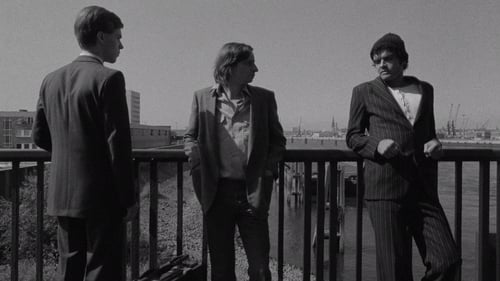
Sound Recordist
A young man, recently arrived in New York from Europe, becomes swept up in a series of events that are beyond his knowledge or control.

Robinson
A young man, recently arrived in New York from Europe, becomes swept up in a series of events that are beyond his knowledge or control.

Sound
A woman meanders through the streets of Istanbul five years after the military coup. Something is amiss, and the air is filled with a strangeness that seems to plague everyone. Friendship, conversation, boredom, wonder and hopelessness lead the woman to head to the island in the hope of change. What is left after all these?

Director
Filmmaker Manfred Blank (director of the excellent Pharos of Chaos) interviews Danièle Huillet and Jean-Marie Straub at some length about their then-current production, Klassenverhältnisse (Class Relations), in which he, himself, performed as an actor.

This film is at once a self-portrait and an homage to Jean-Marie Straub, Farocki's role model and former teacher at the Film Academy.
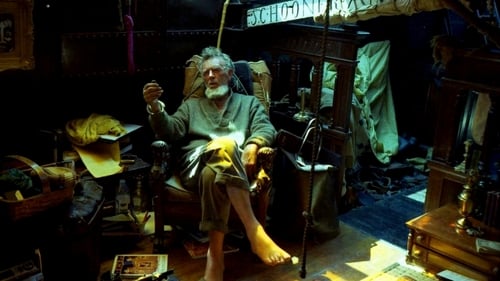
Sound
A superb, moving and thrilling interview with American actor Sterling Hayden (1916-86), held in Besançon, France, on board a dilapidated barge, when he was 65 years old. An unparalleled portrait, in his own words and without any qualms, of a legendary Hollywood star, icon of film noir and the western, who was also a marine, an OSS agent, an anti-communist informer, a writer and a wandering sailor: the hero of his own life.

Editor
A superb, moving and thrilling interview with American actor Sterling Hayden (1916-86), held in Besançon, France, on board a dilapidated barge, when he was 65 years old. An unparalleled portrait, in his own words and without any qualms, of a legendary Hollywood star, icon of film noir and the western, who was also a marine, an OSS agent, an anti-communist informer, a writer and a wandering sailor: the hero of his own life.

Director
A superb, moving and thrilling interview with American actor Sterling Hayden (1916-86), held in Besançon, France, on board a dilapidated barge, when he was 65 years old. An unparalleled portrait, in his own words and without any qualms, of a legendary Hollywood star, icon of film noir and the western, who was also a marine, an OSS agent, an anti-communist informer, a writer and a wandering sailor: the hero of his own life.

Director
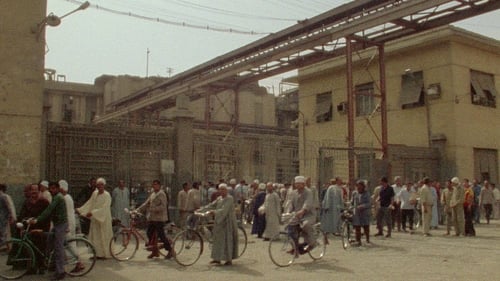
Sound Recordist
Inspired by a letter by Friedrich Engels and a 1974 account of two militant Marxist writers who had been imprisoned by the Nasser regime, Straub-Huillet filmed this film in France and Egypt during 1980. They reflect on Egypt’s history of peasant struggle and liberation from Western colonization, and link it to class tensions in France shortly before the Revolution of 1789, quoting texts by Engels as well as the pioneering nonfiction film Workers Leaving the Lumière Factory (1895).
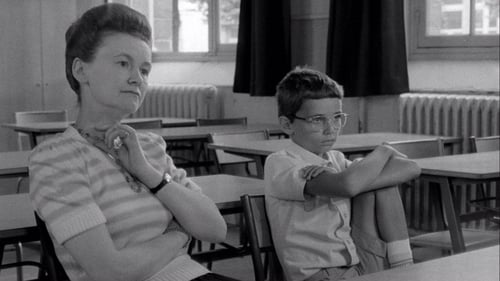
Sound
The child Ernesto doesn't want to go to school any more because, as he says, all he is taught there is things he doesn't know.

Self

Director

Sound
Stuck in the German lands of “Yodelburg,” our hero Kidlat dreams of space and muses on humanity’s endless capacity for creativity, whether on the moon or at home in the Philippines. A delightful, self-proclaimed “third-world space spectacle.”
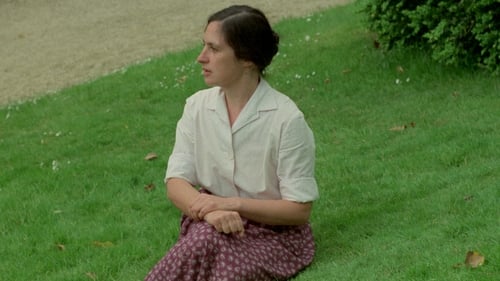
(Re)citer
A tribute to Mallarmé that not only asserts the continuing relevance of his work but also confronts its literary ambiguities with political and cinematic ambiguities of its own. In outline, the film could not be more straightforward: it offers a recitation of one of Mallarmé’s most celebrated and complex poems (it was his last published work in his own lifetime, appearing in 1897, a year before his death) and proposes a cinematic equivalent for the author’s original experiment with typography and layout by assigning the words to nine different speakers, separating each speaker from the other as she or he speaks, and using slight pauses to correspond with white spaces on the original page.

Director











